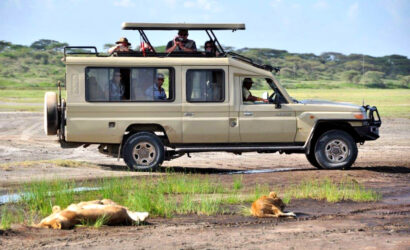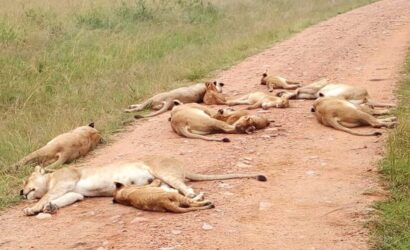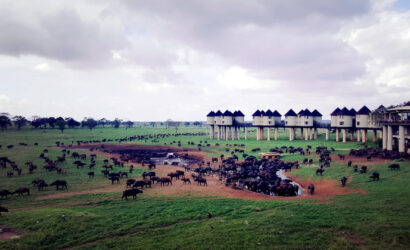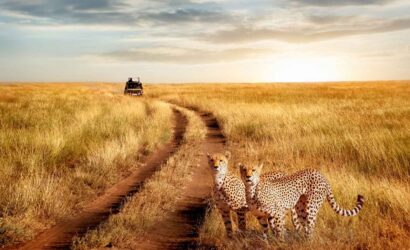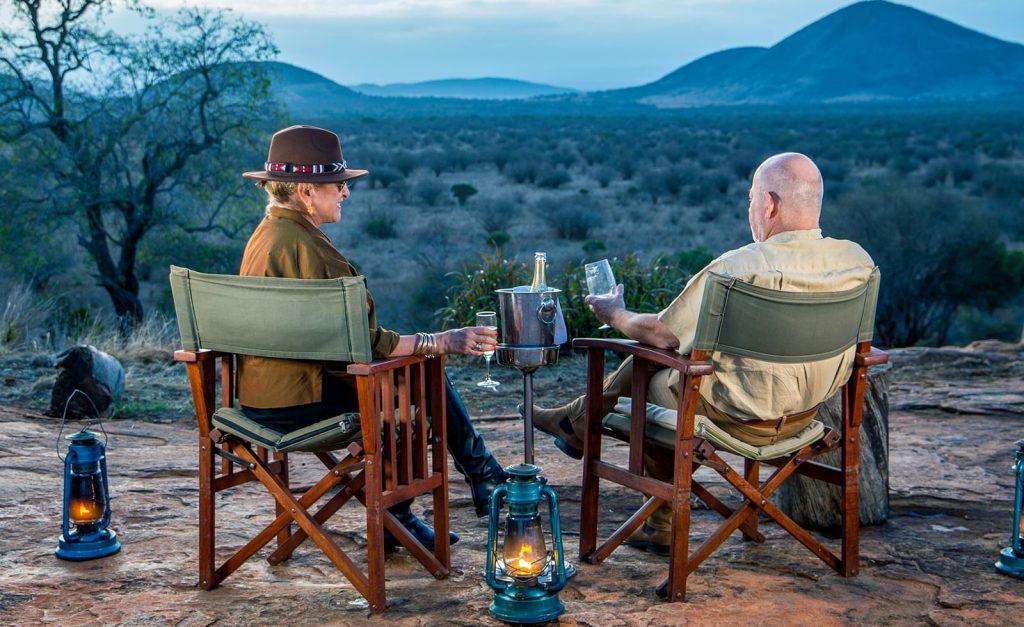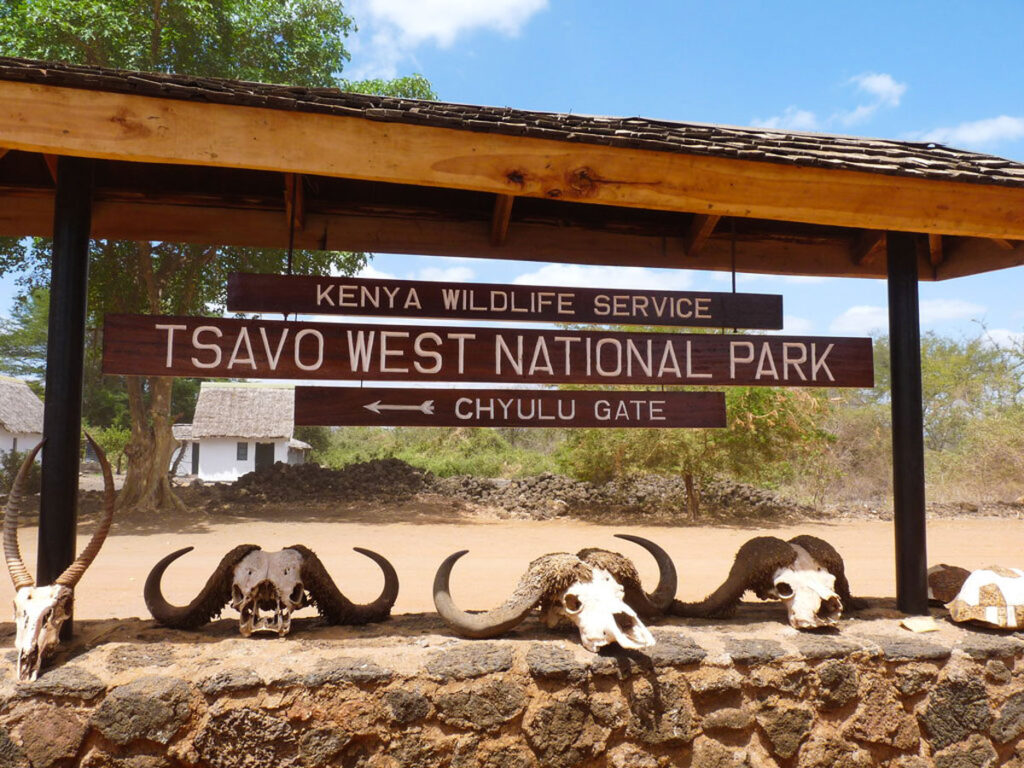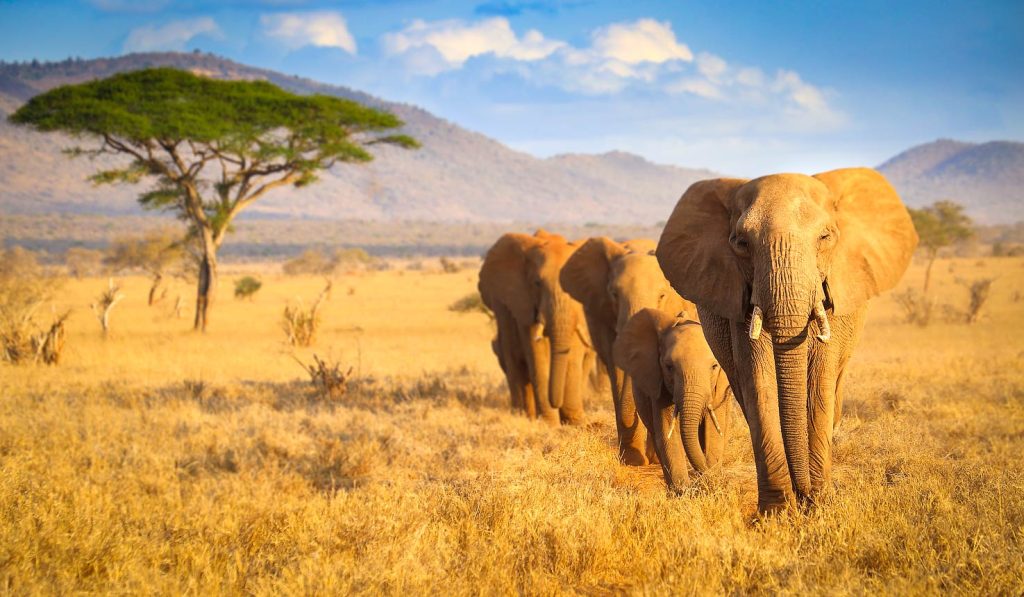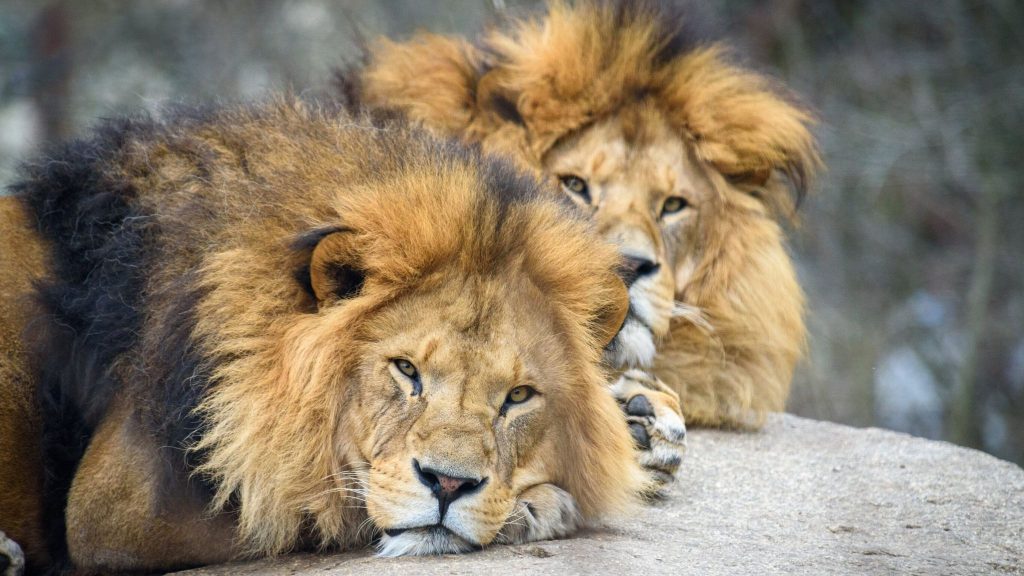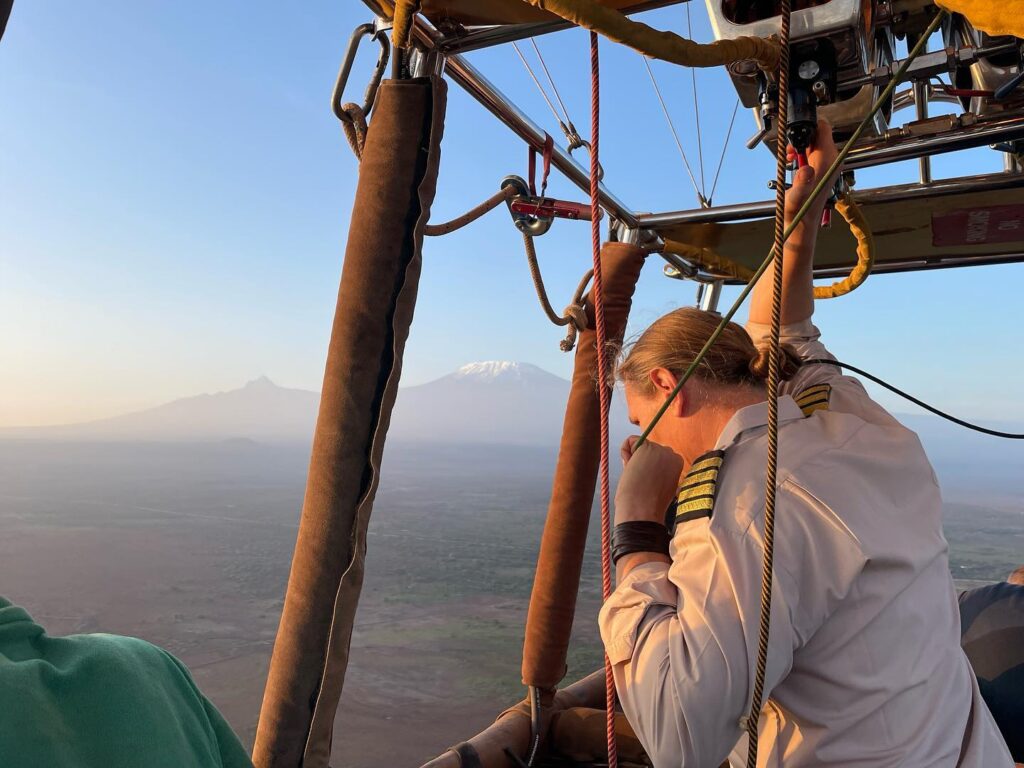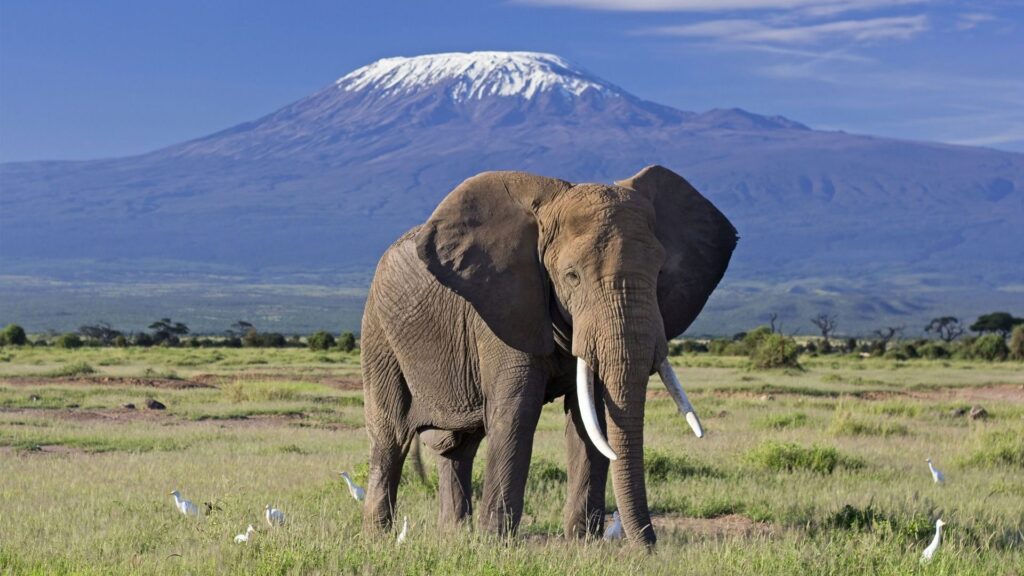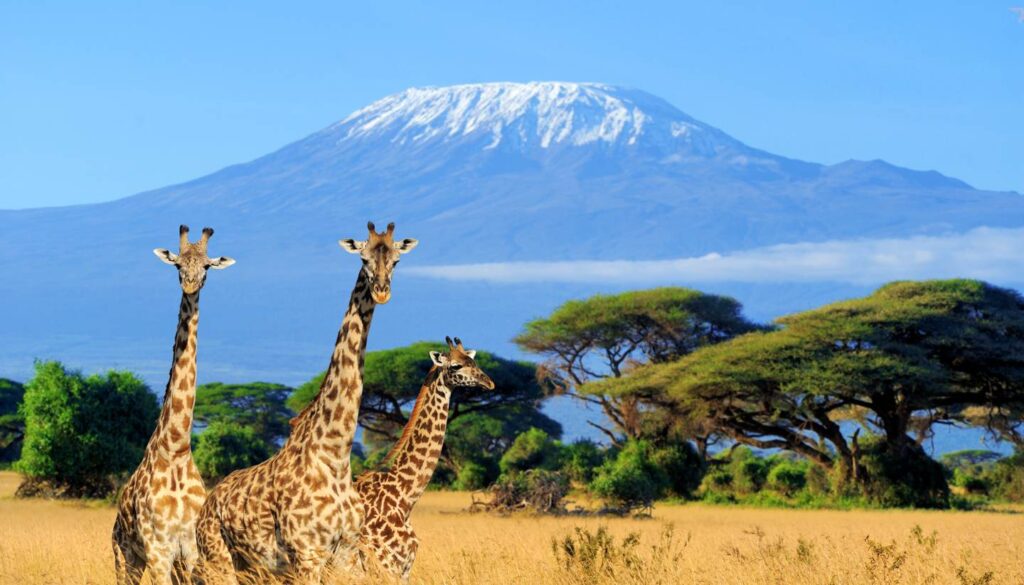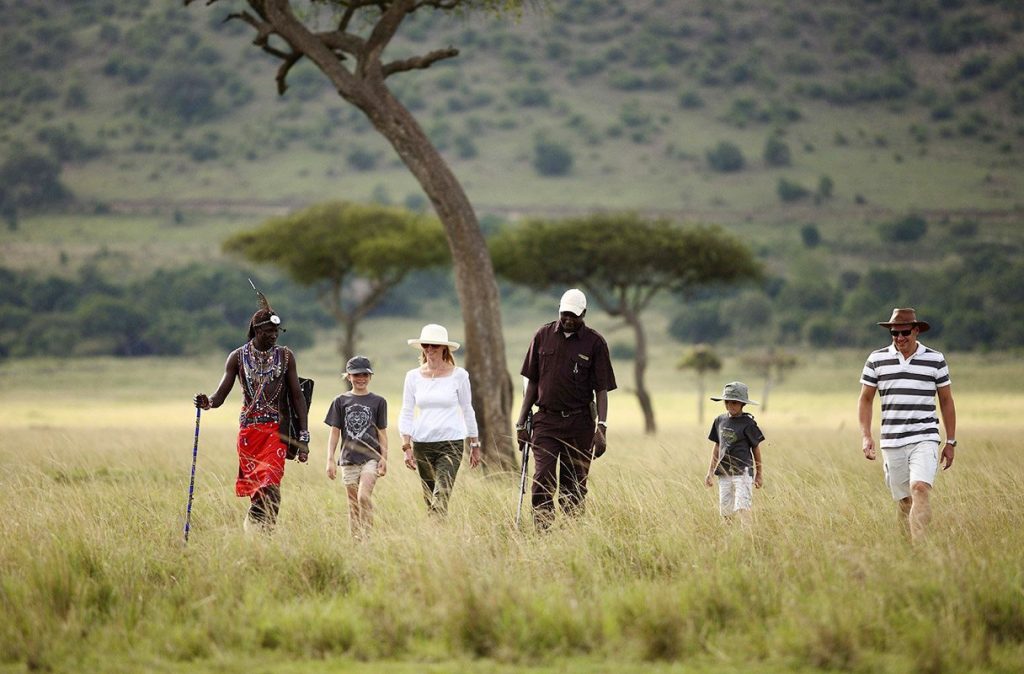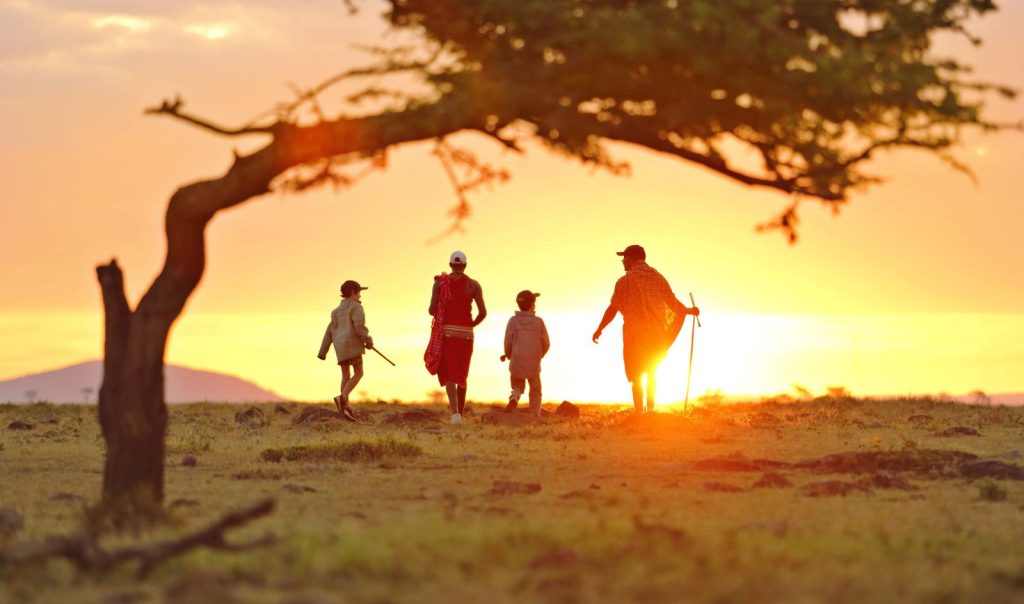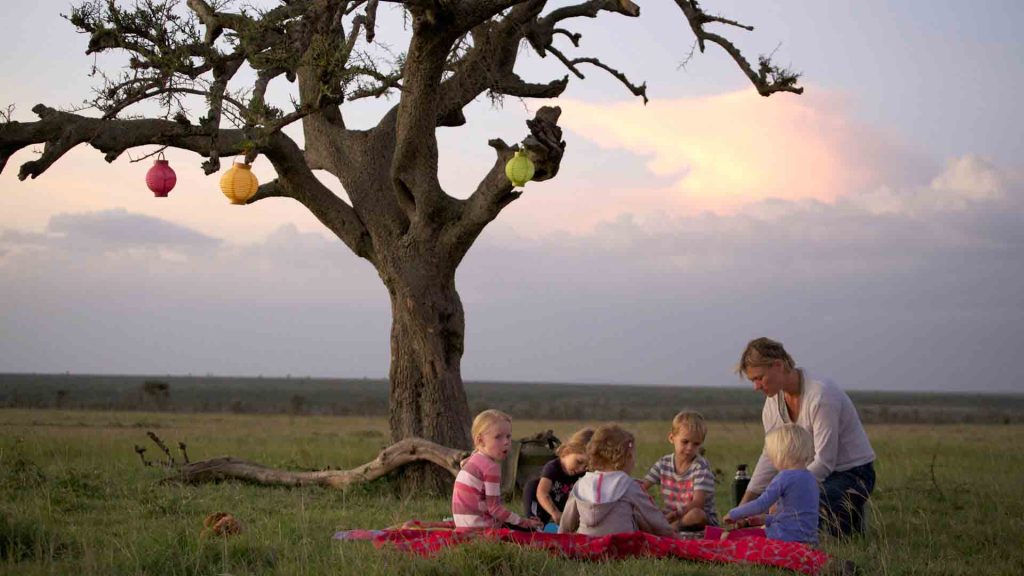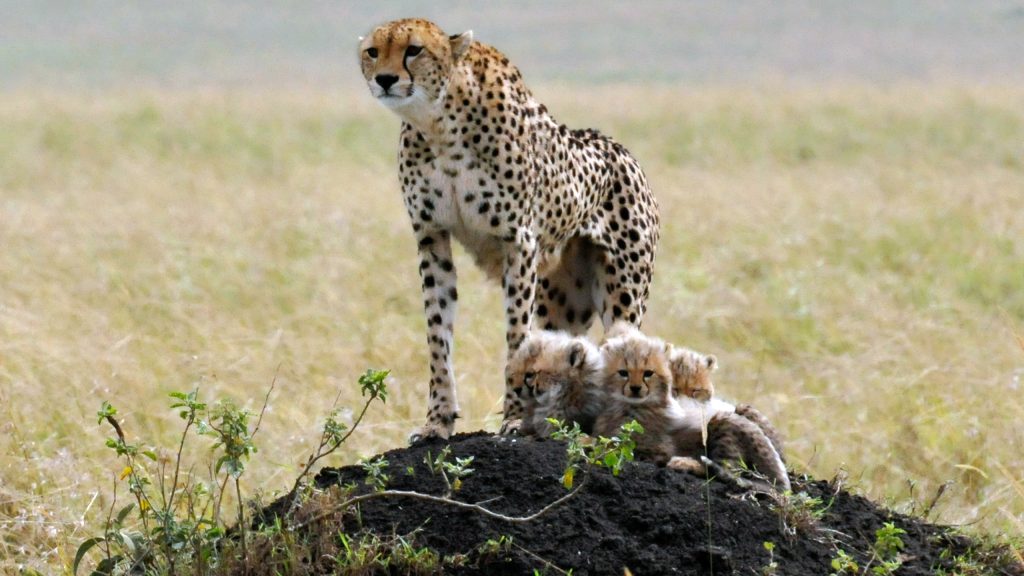5 Days Safari to Amboseli & Tsavo East National Park. Amboseli and Tsavo National Park is the home of Elephants, Wildebeest (Gnu), Buffalos, Gazelles, Lions, Cheetahs, monkey families and rare bird species. In the early evening, the clouds clear, exposing the snow –capped dome of Mt. Kilimanjaro.
Best Time to Visit
The best time for this safari is during the dry seasons (June – October & January – March) when wildlife is easier to spot. However, Amboseli and Tsavo offer incredible game viewing all year round.
Why Book With Roaming Africa Tours & Safaris?
✅ Expert safari guides with in-depth knowledge of Kenya’s wildlife
✅ Luxury safari lodges and camps for a comfortable stay
✅ Customizable itineraries to match your preferences
✅ Guaranteed wildlife sightings in Amboseli & Tsavo East
✅ 24/7 customer support for a seamless experience
Book your 5 Days Amboseli & Tsavo East Safari today and experience Kenya’s breathtaking wilderness like never before!
📩 Contact us for inquiries & reservations!
📞 Call/WhatsApp: +254 722 433 910 📧 Email: info@roamingafricasafaris.com
Overview
Embark on an unforgettable 5-day safari to Amboseli National Park and Tsavo East National Park, two of Kenya’s most iconic wildlife destinations. Experience breathtaking views of Mount Kilimanjaro, witness large herds of elephants, and explore the vast red-soil plains of Tsavo, home to diverse wildlife. This safari offers an immersive experience in Kenya’s wilderness, combining game drives, scenic landscapes, and luxury accommodations.
Safari Highlights
- Spectacular views of Mount Kilimanjaro in Amboseli
- Close encounters with elephants, lions, cheetahs, giraffes, and buffalo
- Visit to Observation Hill for panoramic views of Amboseli
- Game drives in Tsavo East, home to the famous “Red Elephants”
- Exploration of the Lugard Falls and Galana River
- Comfortable stays in luxury safari lodges or tented camps
- Experienced safari guides and 4x4 open-sided Land Cruisers for the best game-viewing experience






